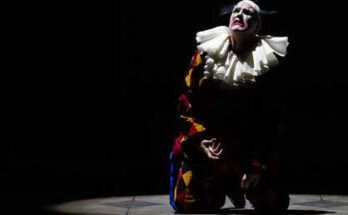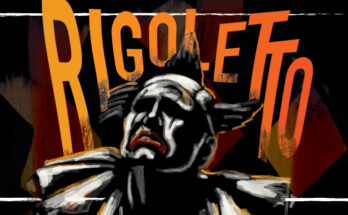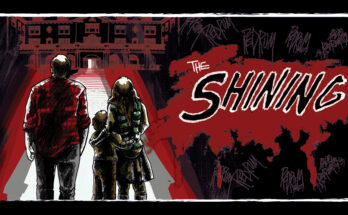“We are such stuff as dreams are made on, and our little life is rounded with a sleep.”
— William Shakespeare, The Tempest
I’m so grateful for dreams. With reality kicking me daily, sometimes in the most painful ways, I find myself looking for escape more than ever. The paths to escape from life’s pressure haven’t changed much over the past four centuries since Shakespeare wrote his master works.
Sure, we have more screens at our disposal and all manners of toxic distractions (social media anybody?) that were not available in the 16th century. However, A Midsummer Night’s Dream presents five distinct realms of diversion, that are still as valid in our times as they were in Shakespeare’s.
My number one escape, my psychiatrist, my temple, has always been the theatre. A place where everything is possible, and stories come to life. To that most magical of all places, Shakespeare adds four more realms: dreams, nature (particularly the forest), love, and pure magic. That’s where his characters escape when things fall apart. They run to the forest, they fall in love, choose to dream, escape into a play, or literally sprinkle magic in each other’s eyes. Isn’t it great to escape sometimes?
What is more human than that?
In A Midsummer Night’s Dream, Shakespeare combines all these worlds into one brilliantly devised comedy. These five elements are always present, sometime on their own and sometime woven into each other in a way that creates a new alchemy. In this Midsummer we find these realms entangled: dreams, nature, love, magic, and a play-within-a-play that carries the characters into the joyful escape of theatre. The result? A delightful plot that is beloved in the original but becomes radiant with the music of Benjamin Britten.
Shakespeare brings us some rough realities to open the piece—realities that we want to escape. There’s chaos in the realm as war breaks between two superpowers (the king and queen of fairies Oberon and Tytania). As we know from our own lives, when major forces clash and war breaks, human beings suffer the most. The world is off kilter: Hermia’s father is forcing her into an unwanted marriage, young people run away from home, wedding plans are coming apart, petty rivalries escalate, chaos ensues.
Our setting, an enchanted forest where all the characters collect, becomes a liminal space where the boundaries between reality and illusion blur. It is here that magic can become transformative and bring out the transcendent power of love, but magic stained with malice becomes manipulative and cruel. Shakespeare’s comedy of mi-directed love, where characters fall in love and then out of love, is especially timeless.
After Tytania wakes up from her love/dream infatuation with Bottom (who, by mistake, was magically transformed into a donkey), she proclaims, “me thought I was enamored of an ass.” How many of us have fallen in, and out of love with the wrong person? How many of us asked ourselves the same questions that Tytania asks herself: why? What happened? The answer is anchored in the mystery of our existence. We can’t always rationalize why we fall in love. Magic is often inexplicable, just like dreams, just like the theatre, just like nature. As human beings we simply cannot explain it. We can only stare at it and marvel at the beauty of it all.
Our goal in building this production is to offer you an enchanted escape from the conflicts of our screwed-up world. Watch and listen for the contrasting music and distinctive portrayal of the differences between the humans and the fairies. This opera offers you an escape to the place where reason and irrationality blur and love and chaos ricochet. This is the place theater holds in our lives. We come here to escape, to play, to love and laugh, and “perchance to dream.”
To that end, our set reflects the structure of Shakespeare’s own Globe Theater, distorted into a maze reminiscent of Escher’s art. The Globe, the theatre where Shakespeare presented his plays, was a place where the text, the actors, the story, and the music could shine in its simplicity. We hope to justly augment that with our 21st century technology to bring forward the glowing imagination of both the work of Shakespeare and Benjamin Britten. We hope you find respite and joy in our opera.



